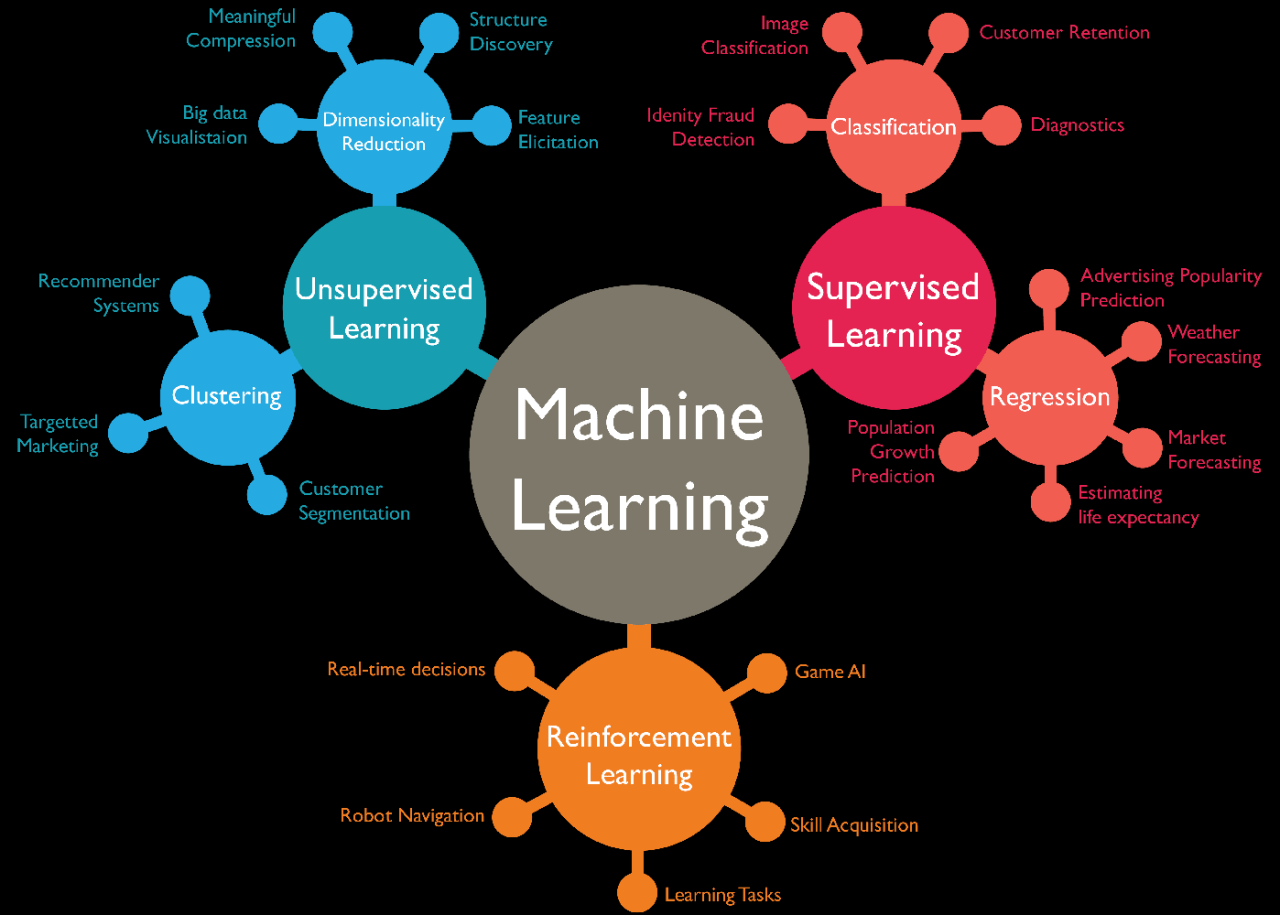
Big data analytics is the process of analyzing large datasets to uncover insights, trends, and patterns. Machine learning, a subset of artificial intelligence, plays a crucial role in big data analytics by enabling computers to automatically learn and improve from experience without being explicitly programmed. In this article, we'll explore the role of machine learning in big data analytics.
What is Machine Learning?
Machine learning is a subset of artificial intelligence that involves the use of algorithms to enable computers to learn and improve from experience without being explicitly programmed. Machine learning algorithms can analyze large datasets to identify patterns and make predictions based on that data.
The Role of Machine Learning in Big Data Analytics
Machine learning plays a crucial role in big data analytics in a number of ways:
- Automated Data Analysis
Machine learning algorithms can automatically analyze large datasets to identify patterns and make predictions based on that data. This enables businesses to gain insights into customer behavior, market trends, and operational efficiency without the need for manual data analysis.
- Predictive Analytics
Machine learning algorithms can be used for predictive analytics, which involves using historical data to make predictions about future events. By analyzing data on customer behavior and market trends, businesses can use predictive analytics to anticipate future trends and make data-driven decisions.
- Personalization
Machine learning algorithms can be used for personalization, which involves tailoring products and services to individual customer needs and preferences. By analyzing data on customer behavior and preferences, businesses can use machine learning algorithms to create personalized marketing messages and tailor products and services to individual needs.
- Fraud Detection
Machine learning algorithms can be used for fraud detection, which involves analyzing data to identify patterns and anomalies that may indicate fraudulent activity. By analyzing data on customer transactions, businesses can use machine learning algorithms to identify and prevent fraudulent activity.
Examples of Machine Learning in Big Data Analytics
There are many examples of businesses using machine learning in big data analytics:
- Netflix
Netflix uses machine learning algorithms to personalize the customer experience by analyzing data on customer viewing habits and preferences. By analyzing this data, Netflix can recommend relevant content to individual users, leading to a more engaging and personalized experience.
- Amazon
Amazon uses machine learning algorithms to make product recommendations based on customer behavior and preferences. By analyzing data on customer interactions with products, Amazon can make personalized recommendations that are tailored to individual needs and preferences.
Google uses machine learning algorithms to improve search results and personalize the user experience. By analyzing data on user behavior and preferences, Google can provide more relevant search results and deliver a personalized experience.
Challenges of Machine Learning in Big Data Analytics
While machine learning offers many benefits for big data analytics, there are also challenges that need to be addressed:
- Data Quality
Data quality is a challenge in machine learning. Ensuring that data is accurate, complete, and consistent can be difficult, especially when dealing with large volumes of data from multiple sources.
- Bias and Ethics
Machine learning algorithms can be biased and lead to unintended consequences, such as discrimination or misinformation. Businesses need to address ethical concerns and bias in machine learning to ensure that these tools are used in a responsible and ethical manner.
- Complexity
Machine learning can be complex and require specialized knowledge and expertise. Businesses need to invest in training and education to ensure that they have the skills and knowledge to effectively use these tools.
Conclusion
Machine learning plays a crucial role in big data analytics by enabling computers to automatically learn and improve from experience without being explicitly programmed. Machine learning algorithms can automate data analysis, enable predictive analytics, personalize the customer experience, and detect fraud. However, businesses need to address challenges around data quality, bias and ethics, and complexity to fully realize the benefits of machine learning in big data analytics. As businesses continue to integrate machine learning into their operations, it is important that they prioritize transparency, accountability, and the well-being of their customers and society as a whole.